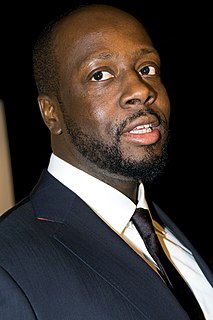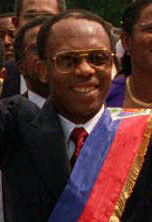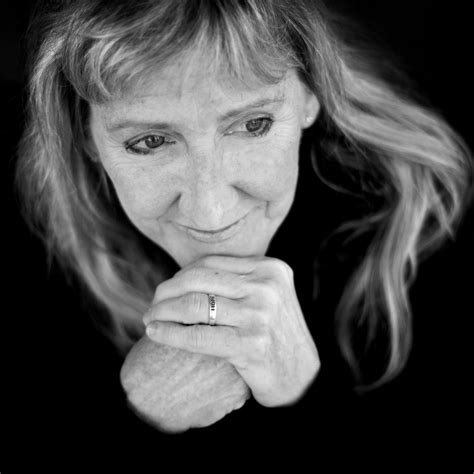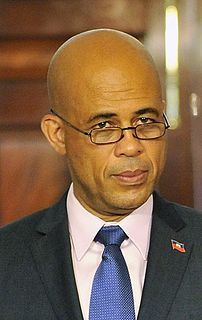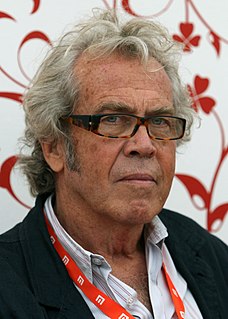A Quote by Ben Fountain
My first visit to Haiti was in May 1991, four months into the initial term of Haiti's first democratically-elected president, Jean-Bertrand Aristide. At the time, it seemed that Haiti was on the cusp of a new era.
Related Quotes
Condelleza Rice and Colin Powell are both dangerous people. What they did in Haiti [2004 U.S.-backed coup that ousted democratically elected President Jean-Bertrand Aristide] is a good measure of it. They destroyed a democracy. They squelched loans that had been approved by the Inter-American Development Bank. They did everything behind the scenes, including arming the thugs that came to overrun the country. They're frauds.
There had been a free and open election in Haiti in the early 1990s and president Jean-Bertrand Aristide won, a populist priest. A few months later came the expected military coup - a very vicious military junta took over, of which the United States was passively supportive. Not openly, of course, but Haitians started to flee from the terror and were sent back and on towards Guantanamo Bay. Of course, that is against International Law. But the United States pretended that they were "economic refugees."
If any country was a mine-shaft canary for the reintroduction of cholera, it was Haiti - and we knew it. And in retrospect, more should have been done to prepare for cholera... which can spread like wildfire in Haiti... This was a big rebuke to all of us working in public health and health care in Haiti.
There is this split between the Haiti of before the earthquake and the Haiti of after the earthquake. So when I'm writing anything set in Haiti now, whether fiction or nonfiction, always in the back of my mind is how people, including some of my own family members, have been affected not just by history and by the present but also by the earthquake.




